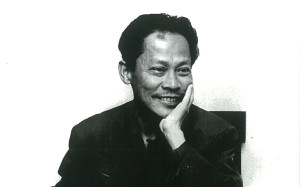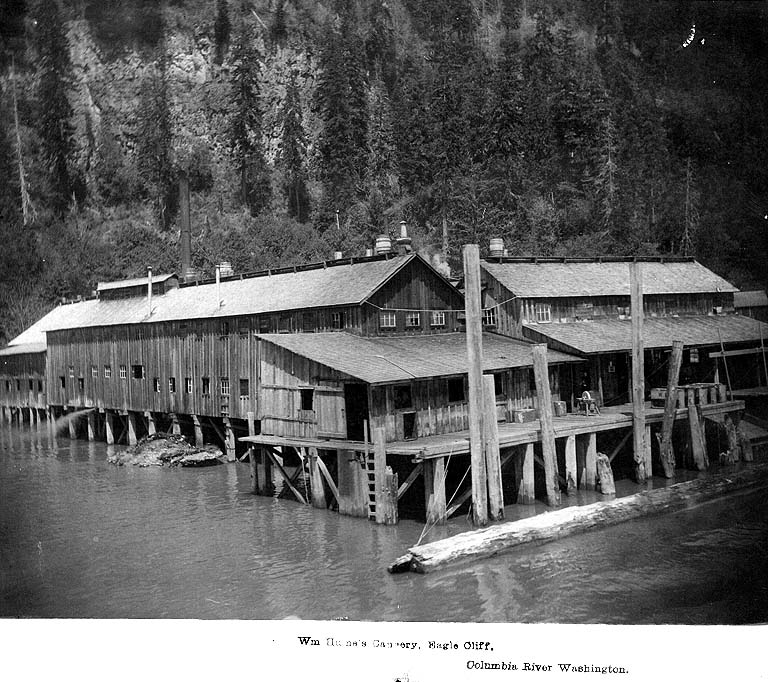
Brilliant writer and union activist: Filipino immigrant Carlos Bulosan, who grew up poor in his home country, came to the U.S. where he expressed passionate feelings for social justice through his writing and union organizing.
A growing number of social justice activists are coming to admire and respect the contributions made by Carlos Bulosan, despite the fact that many are still unaware of the contributions from this remarkable man and important union leader who excelled as a gifted writer, poet and activist.
America is in the heart
Carlos Sampayan Bulosan lived a brief but brilliant 45-year life. He was born in the Philippines and died in Seattle in 1956. His most renowned writing contribution is found in his book, “America is in the Heart.” Like Jack London and John Steinbeck, Bulosan’s writing and political views were based in working class struggles.
His writing focuses on events and characters located in Seattle and the Western United States where he worked and travelled. The issues he tackled include passionate portrayals of immigrants facing racial injustice – much like the poet Langston Hughes documented in the lives of African Americans in New York City about the same time.
Celebrated essay
A famous essay by Bulosan, titled “Freedom of Want,” brought him worthy acclaim when it was published in theSaturday Evening Post in March of 1943. His essay was accompanied by a painting from the famous illustrator Norman Rockwell, showing a family celebrating their bounty at a holiday dinner table. Written at the end of the Great Depression and dark days of WWII – the essay and painting inspired millions of Americans who were hoping and struggling for a better life. Bulosan’s essay also resonated widely with the public because it shared values outlined in a famous speech by President Franklin Roosevelt, called “Four Freedoms,” including the “freedom from want.”
Early years
Like many Filipinos of his generation, Bulosan emigrated from his homeland as a young man of 17 in 1930 when the islands were still a U.S. colony. During his childhood years in the Philippines, he and his farming family were cruelly exploited and abused by wealthy landowners – establishing a formative experience that was later recounted in “America is in the heart.”
During the next two decades, Bulosan chronicled the experience of immigrant workers in the U.S., providing a rare voice for workers and families who enjoyed rich lives but were often ignored and marginalized by an America ripe with racism.
An inspiration
Being Filipino American myself, I was inspired by Bulosan’s writings because they helped me become more mindful and aware of my own experience. When I first read “America is in the Heart,” I was struck by his unique “Bulosan style” and masterful use of imagery to tell a story.
But I must admit that my respect for “Manong” Carlos (Manong is a Filipino term of respect, similar to the English term “brother”) was also strong because of our personal connection to the Alaska Cannery Workers Union ILWU/ IBU Local/Region 37 – where he served sixty years ago and I serve today. Back then, Bulosan was an elected official of Local 37; today I am currently the Executive officer of the same union. Naturally I take great pride in Bulosan’s association with our union – especially his priceless writings and passages that were penned during his tenure here at Region 37.
I still consider it the highest honor to work in a position that was once shared by such an important and brilliant icon. Some of my personal experiences with our union are similar to those described by Bulosan, although with less tension and hostility than he faced in the early days of Region 37.
Historical research
Thankfully, there has been ongoing research and debate concerning the life and contributions of Carlos Bulosan. On November 14, 2014, an academic conference was held at the University of Washington, titled: “Empire is in the Heart: A conference to mark the centennial birth of Carlos Bulosan.” This all-day conference examined the brief life of this gifted writer and poet in great detail. Presentations explored Bulosan’s political views as a left-wing sympathizer and union activist – considered a “subversive” by the FBI and cited in hearings of the House Un-American Activities Committee (HUAC) during the 1940’s. And like Harry Bridges – also an immigrant – Bulosan was able to survive these political attacks and avoid deportation efforts by the U.S. government.
Teaching tool
The Conference also discussed how “America is in the Heart” could be used as a teaching tool for students.
At the Conference conclusion, a reception was hosted by IBU Region 37 and the Harry Bridges Center for Labor Studies. The reception allowed us to update conference participants about the current state of Carlos Bulosan’s union, and share information about our union with local labor leaders who were invited to the reception.
Participants were also able to view the impressive Carlos Bulosan exhibit, featuring many documents and photos, which will remain on display at the University of Washington’s Allen Library Special Collections area until March, 15, 2015.
Courageous & selfless
Bulosan’s writing conveys the character of a compassionate man who was generous toward the nation’s immigrant workers, long abused by their employers. His determination to maintain a radical consciousness and strong ideological beliefs put him at odds with the literary and political establishment. Carlos spoke the truth and organized against the status quo which cost him dearly in personal and financial terms. He focused on helping workers organize, take collective action and unite to form their union.
But most important of all was Bulosan’s gift of providing workers and people of color with hope and direction – through his writing and deeds – helping workers to discover their power and leverage in the workplace.
David & Goliath
Bulosan’s stories were often based on a protagonist character, usually under duress and always out-matched, like the Bible story, David and Goliath.
While rooting for the underdog, Bulosan created complex and flawed human characters that make it easy for us understand and draw inspiration from this literary master and working class organizer.
-Richard Gurtiza, Regional Director Inlandboatmen’s Union (IBU) Region 37

